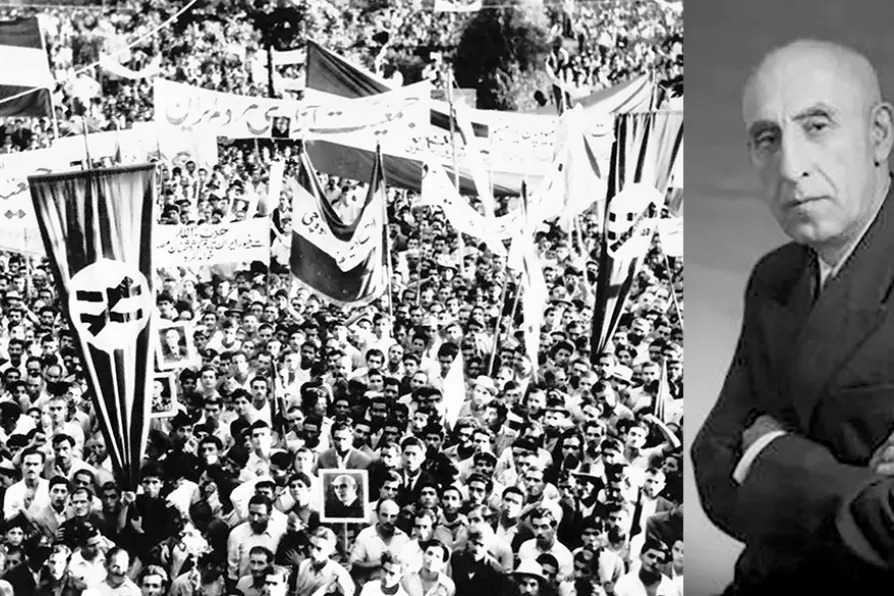Labour prospects in May elections may be irrevocably damaged by Birmingham Council’s costly refusal to settle the year-long dispute, warns STEVE WRIGHT

 (L to R) Mosaddegh supporters in Tehran on August 16 1953; Mohammad Mosaddegh, 1951
[(L to R) William Arthur Cram/CC - Public domain]
(L to R) Mosaddegh supporters in Tehran on August 16 1953; Mohammad Mosaddegh, 1951
[(L to R) William Arthur Cram/CC - Public domain]
TODAY, August 19, marks the 70th anniversary of the 1953 coup d’etat in Iran which brought down the government of democratically elected Dr Mohammed Mossadegh.
The deposing of Mossadegh by a combination of the US CIA and British security forces was not an overnight event.
As far back as 1951 there were “concerns,” as British foreign secretary at the time, Anthony Eden, late wrote in his memoirs: “When I assumed the post of the Foreign Ministry on October 27, 1951, the worrying prospect I was thinking about was this: we had left Iran.

Trump threatens war and punitive tariffs to recapture Iranian resources – just as in 1953, when the CIA overthrew Mossadegh and US corporations immediately seized 40% of the oil, says SEVIM DAGDELEN

MOHAMMAD OMIDVAR, a senior figure in the Tudeh Party of Iran, tells the Morning Star that mass protests are rooted in poverty, corruption and neoliberal rule and warns against monarchist revival and US-engineered regime change

The US’s bid for regime change in the Islamic Republic has become more urgent as it seeks to encircle and contain a resurgent China, writes CARLOS MARTINEZ

In the second of two articles, STEVE BISHOP looks at how the 1979 revolution’s aims are obfuscated to create a picture where the monarchists are the opposition to the theocracy, not the burgeoning workers’ and women’s movement on the streets of Iran










